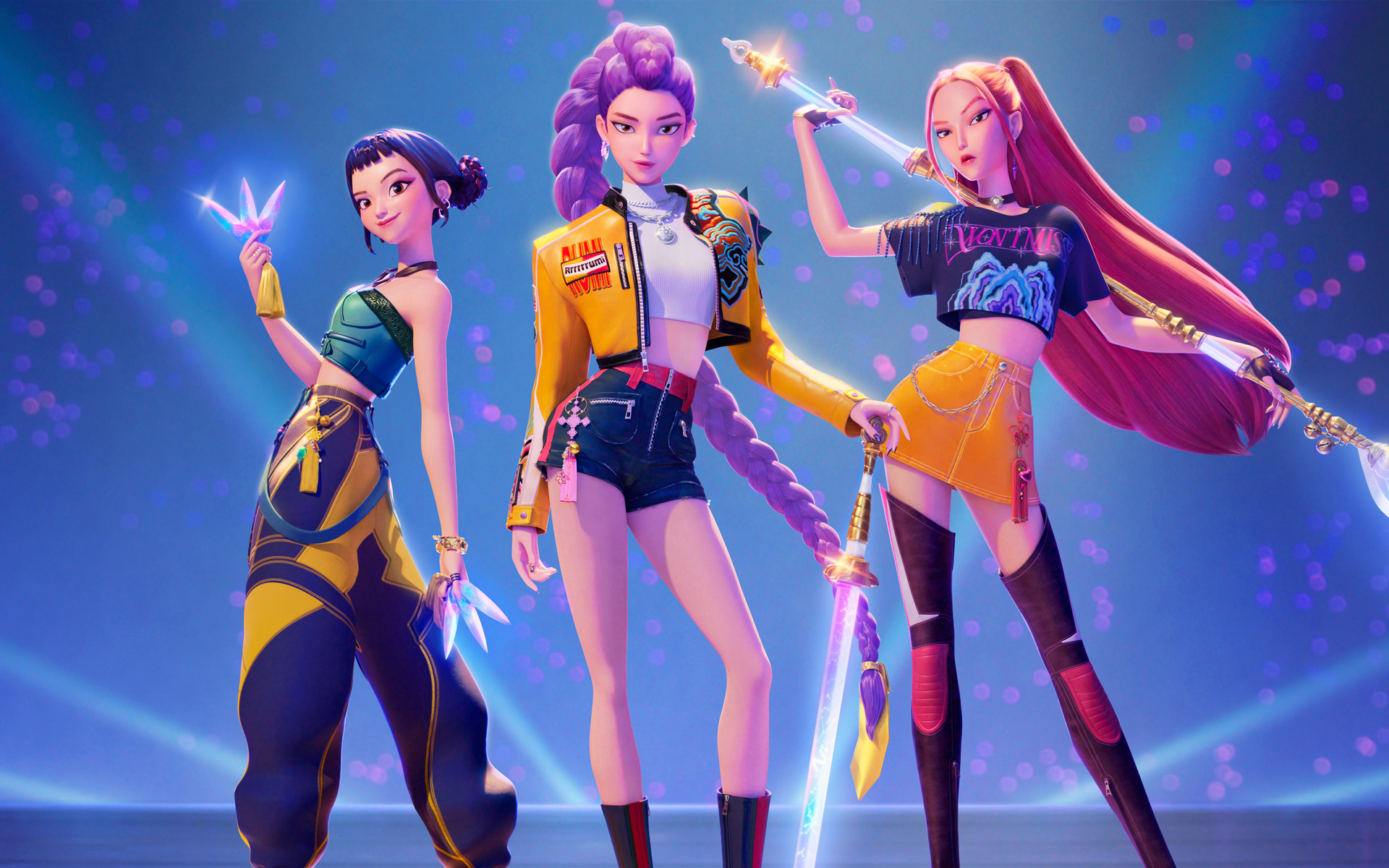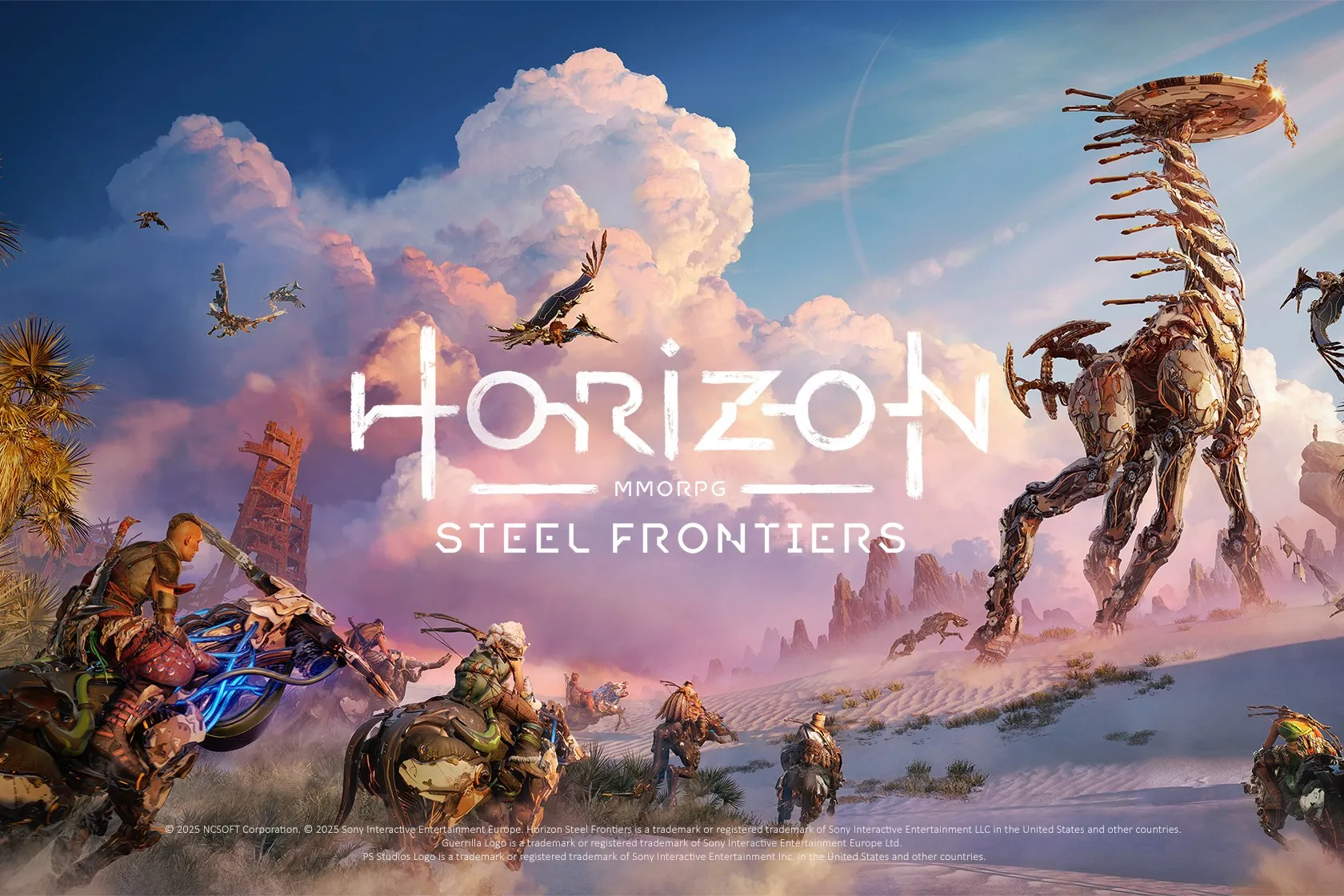What started as an animated fantasy about demon-fighting pop stars has officially crossed into reality. KPop Demon Hunters, the Netflix animated film that pairs high-energy K-pop spectacle with supernatural action, is now a legitimate music industry story. Its breakout track, “Golden”, performed by the fictional girl group HUNTR/X, has earned multiple nominations at the 2026 Grammy Awards—including Song of the Year.
That kind of recognition would be big for any artist, but it’s monumental for a project that blurs every imaginable line between fiction and fandom.
The song, voiced by Ejae, Audrey Nuna, and Rei Ami, became a phenomenon almost overnight. It topped streaming charts across Asia and the U.S., soundtracked endless TikTok edits, and pulled off something few soundtrack singles ever do—feel like an authentic, chart-ready K-pop anthem instead of a movie tie-in.
Behind the scenes, “Golden” was a global effort. The songwriting team included Ejae herself, working alongside Broadway composer Mark Sonnenblick and a mix of K-pop and Western producers. They built the song around the emotional core of the film’s main character, Rumi—a performer balancing fame, friendship, and a secret life slaying demons. “We wanted it to sound fierce but hopeful,” Ejae said in a recent interview. “It’s a song about identity, not just power.”
Netflix’s bet on cross-cultural storytelling has clearly paid off. KPop Demon Hunters sits at the intersection of music, animation, and pop culture in a way few projects ever have. It’s a sign that the wall between mainstream pop and streaming originals has all but vanished.
For the Grammys, “Golden” represents something larger than a single film or song. It shows that animated stories and fictional groups can have real-world impact—and that global pop no longer has borders. A Korean-inspired girl group from an animated universe just earned one of music’s biggest honors, and no one seems particularly surprised.
Industry insiders see this as part of a larger wave: animated projects driving real music sales, virtual artists charting on Spotify, and crossover collaborations redefining what counts as a “band.” KPop Demon Hunters just happens to be the most polished version yet.
Whether “Golden” takes home a trophy or not, the nomination alone changes the game. It validates an entire creative experiment—and proves that in 2026, you don’t need to be real to make history.





